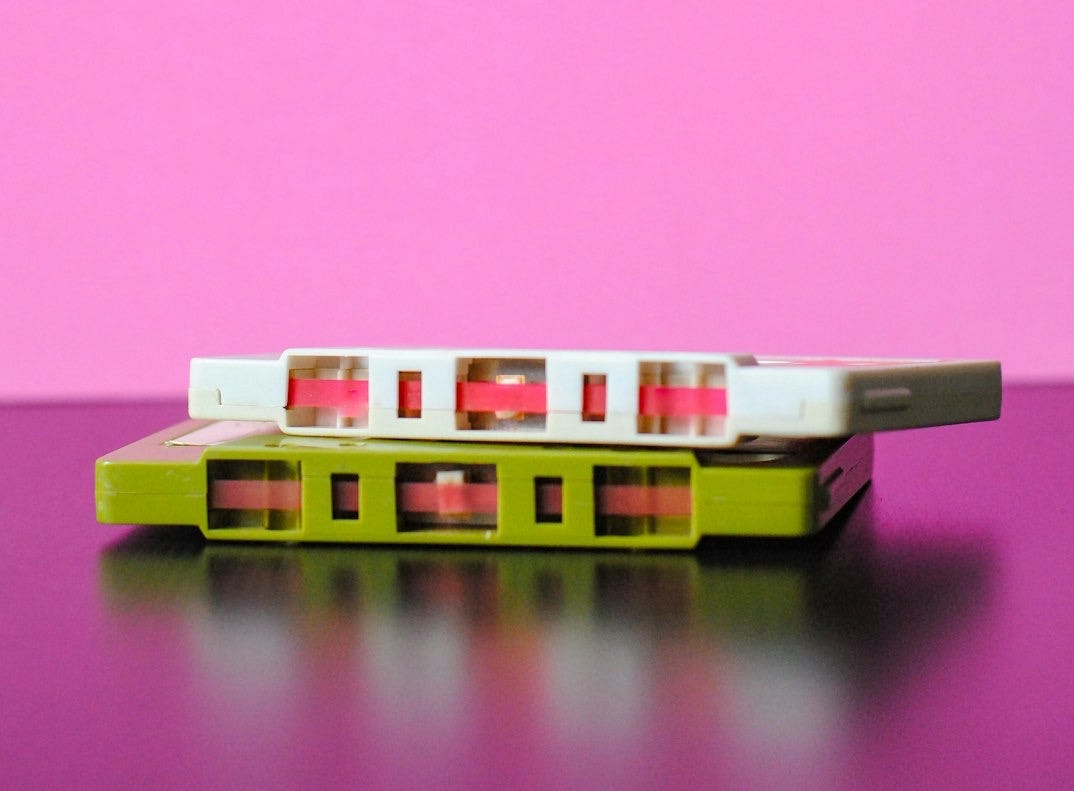New Insights on Historical Nostalgia
Who would have thought that after two decades of researching nostalgia I would still be so energized by this topic? Yet the truth is I am more fascinated than ever because I continue to discover the remarkable ways people experience and utilize nostalgia as a psychological resource. While much of my work has focused on sentimental reflection on our own life experiences (personal nostalgia), I've become increasingly intrigued by nostalgia for eras we never personally experienced (historical nostalgia).
My interest in historical nostalgia has grown over the last couple of years as I began observing fascinating patterns in how people relate to the past. Two particular developments captured my attention. First, our team at the Human Flourishing Lab, in partnership with the Harris Poll, conducted a survey in 2023 focused on how Americans think about digital technology. We found that two-thirds of American adults reported that they wish they could return to a time before everyone was "plugged in." The finding that really stood out to me was that this included 60% of Gen Z, the generation who grew up in the online world.
This doesn’t most people want to give up modern technology. In fact, in that same survey we found the vast majority of Americans across generations are interested in learning about and using new technologies. By many indicators, people highly value the digital tools that have given them more ways to access information and entertainment, maintain long-distance relationships, find new connections based on shared interests with people from all over the world, and pursue creative and professional opportunities. The widespread adoption of smartphones, now owned by over 90% of Americans, further demonstrates our embrace of digital innovation. But this longing for a pre-digital past, especially among younger generations who didn't live in it, suggests that people are looking to historical nostalgia for inspiration beyond what their own life experiences can provide.
Second, I began noticing widespread consumer and cultural trends showing Gen Z’s growing fascination with products, hobbies, and aesthetics from earlier eras. From the revival of vinyl records and film photography to the resurgence of traditional crafts and analog games, young people are gravitating toward experiences that offer something fundamentally different from their digital-saturated lives.
These observations led to a collaboration with discover.ai to explore how young people engage with historical nostalgia. This analysis involved an approach combining artificial intelligence with human insight experts to examine online discussions, social media content, and digital narratives created by Gen Z, providing a rich dataset of perspectives related to their engagement with historical elements. We found that young adults often look to eras before their lifetime as sources of guidance and inspiration for self-development, self-regulation, and growth. For example, many appear to be turning to pre-digital cultural artifacts and traditions as a way to develop more intentional relationships with contemporary technology. Rather than rejecting innovation, they're selectively and creatively incorporating elements from the past to address modern concerns.
Building on all this is the new report I am sharing today that involved a national survey of over 2,000 U.S. adults. We examined the prevalence, appeal, and psychological utility of historical nostalgia across generations. Our findings offer compelling evidence that historical nostalgia is a widespread psychological phenomenon with important implications for how we navigate contemporary challenges and opportunities, as well as how we approach the future.
The survey revealed that historical nostalgia is remarkably prevalent, with 68% of Americans reporting nostalgic feelings for eras before their lifetime. Similarly, 69% say they are drawn to products, media, styles, hobbies, or traditions from these earlier periods. And nearly three-quarters (73%) believe that new technologies and products should incorporate ideas and design elements from past eras.
Perhaps most significantly, our results indicate that most Americans believe that historical nostalgia serves as a psychological resource. Specifically, 63% report that when feeling stressed or overwhelmed by modern life, they find historical nostalgia helpful. Similarly, 62% indicate that historical nostalgia helps them when they are feeling worried or anxious about the future.
We also observed an interesting generational pattern. Across all measures of historical nostalgia, Gen Z, Millennials, and Gen X demonstrated substantially higher rates compared to Boomers and the Silent Generation. This pattern was particularly pronounced when examining the use of historical nostalgia as a psychological resource. Within this broader pattern of younger generations being more inclined to find historical nostalgia to be helpful for managing the stress of modern life and anxiety about the future, Millennials stand out. Around three-fourths of them report that they find historical nostalgia to be helpful.
It is important to emphasize that historical nostalgia does not represent a rejection of progress or innovation. Individuals attracted to historical consumer and cultural products still appreciate technological and societal advances and recognize how they improve their lives. In fact, it is new technologies that often facilitate historical nostalgia. Streaming services provide unprecedented access to music, films, and television shows from previous decades. Social media platforms foster communities centered around vintage aesthetics. Digital marketplaces make finding authentic vintage items or retro-inspired products easier than ever, while YouTube tutorials teach traditional crafts and skills. Even virtual reality technologies are being used to recreate historical environments, allowing people to "experience" past eras through immersive digital simulations.
Ultimately, nostalgia is a future-oriented experience and, in my opinion, an underappreciated driver of progress because it helps us mine the past for ideas to improve our lives today and the world of tomorrow. Nostalgia can be used in unhealthy ways. But for most people, most of the time, it is a stabilizing and energizing force. It supports progress-oriented psychological states and behavioral tendencies such as optimism, openmindedness, creativity, self-efficacy, and prosociality. This is why I call myself a nostalgia futurist.
Have a great weekend!
Clay

